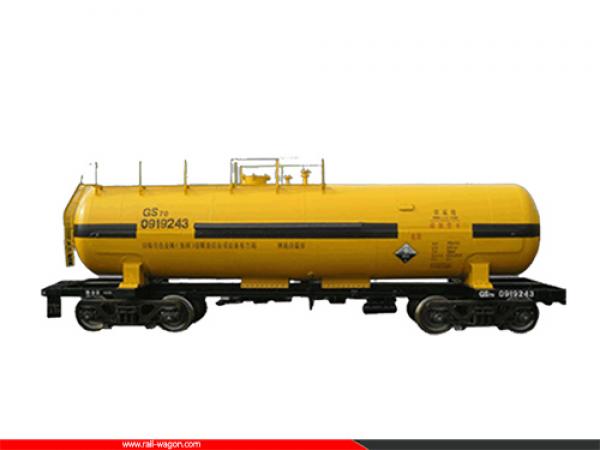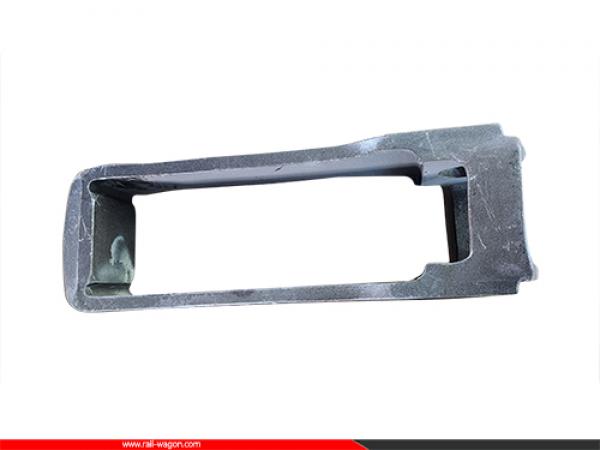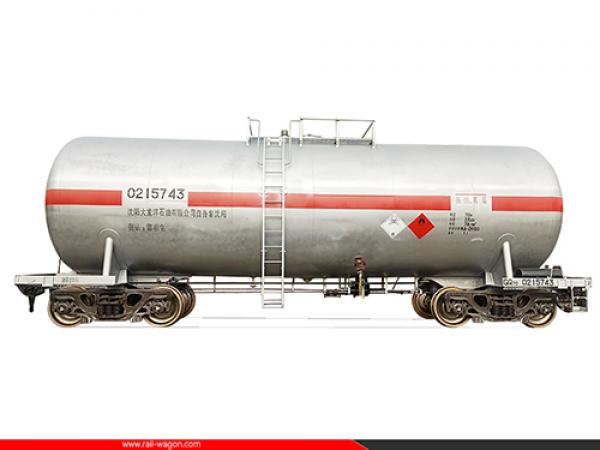Railway Axle for Freight Wagon Passenger Coach Locomotive TB/AAR/BS/EN/GOST
- Category: Bogie Parts
- Application: freight wagon/coach passenger/locomotive
- Material: TB/AAR/BS/EN/GOST
- Axle load: <35 Tons
- Materials options: AAR, EN, BS, JIS, GOST, TB
Railway Axle for Freight Wagon Passenger Coach Locomotive TB/AAR/BS/EN/GOST
1. Brief introduction:
Railway axle is the main component of the wheelset. In addition to forming the wheel body, it also needs to cooperate with the axle box lubrication device at both ends to ensure the safe operation of the vehicle. According to the different bearings used, axles are divided into sliding bearing axles and rolling bearing axles. At present, the vast majority of railway freight car wheelsets in China use rolling bearings and rolling bearing axles, but there are also a very small number of vehicles that still use sliding bearing axles and sliding bearings (usually used by heavy-duty vehicles).
2. Main structure and dimensions:

Main structural name of the axle:
1. Central hole: When machining axles and assembling or machining wheelsets, the machine tool's pinhole support point can be used as the center for checking the roundness of the axle neck and wheel.
2. Shaft end bolt hole: Install the bearing front cover or pressure plate to prevent the rolling bearing from moving out, as shown in Figure 2-2 (b).
3. Neck: Place bearings to withstand vertical loads.
4. Unloading groove: It serves as a tool relief groove to facilitate the grinding of the shaft neck, reducing the contact stress between the bearing inner ring and this area after assembly, and improving the fatigue strength of this area, as shown in Figure 2-2 (c).
5. Neck back shoulder: The transition arc between the neck and the dust guard ring seat can prevent stress concentration.
6. Dust proof retaining ring seat: Install the dust proof retaining ring and limit the backward movement of the rolling bearing.
7. Front shoulder of wheel seat: The transition arc between the dust-proof retaining ring seat and the wheel seat can prevent stress concentration.
8. Wheel seat: Fixing the wheels is the maximum load-bearing part of the axle.
9. Rear shoulder of wheel seat: The transition arc between the wheel seat and the shaft can prevent stress concentration.
10. Axle body: The middle connecting part of the axle.
11. Shaft end chamfer: The shaft end is equipped with a 1:10 chamfer, which serves as a guide during the installation of rolling bearings.
3. The ranges of axles we provide:
The axle is made of high-quality carbon steel, such as open hearth steel or electric furnace steel ingots, or specialized axle steel billets, which are heated and forged into shape, and then subjected to heat treatment (normalizing, or tempering after normalizing) and mechanical processing.
|
Application |
Freight wagon axles, coach passenger axles, locomotive axles |
|
Materials |
TB/2945-LZ50; AAR M-101-Grade F; BS5892-1-A1N; EN13261-EA1N, EA1T, EA4T |
|
Axle load |
<35 tons |
|
Speed |
<180km/h |
|
Rail gauge |
762mm, 1000mm, 1435mm,1520mm or customized |
|
Finish status |
Rough axle, semi-finished axle, finished axle |
4. Axle production process:
|
1. Billet Steel Review |
2. Cutting |
3. Heating |
4. Forging |
|
5. Straightening |
6. Heat Treatment |
7. Sampling test |
8. Ultrasonic Inspection |
|
9. Rough machining |
10. Semi-finish Machining |
11. Finish machining |
12. Granding |
|
13. Magnetic particle testing |
14. Packing |
|
|
5. The test we conduct to ensure the quality:
|
Chemical analysis |
Metallographic |
Mechanical analysis |
Ultrasonic testing |
|
Magnetic testing |
Impact testing |
Hardness testing |
Surface quality |
|
Dimension checks |
Customers’ acceptance check or third party check |
||
INQUIRY
CATEGORIES
CONTACT US
Name: Yolanda Zhang
Mobile:+86-18625131201
Tel:+86-562-2856868
Whatsapp:8618625131201
Email:tltkgd@foxmail.com
Add:No.7 Jingqiao Avenue, Yi'an Economic Development Zone, Tongling City, Anhui Province, China. Zipcode:24431






